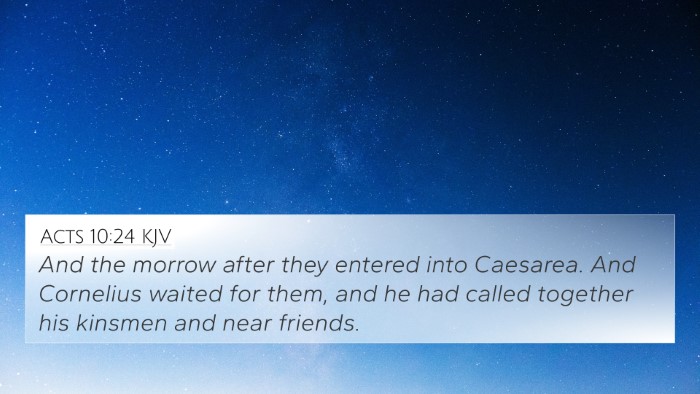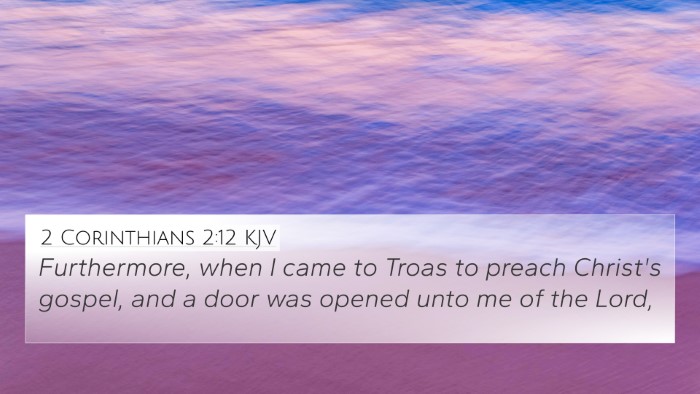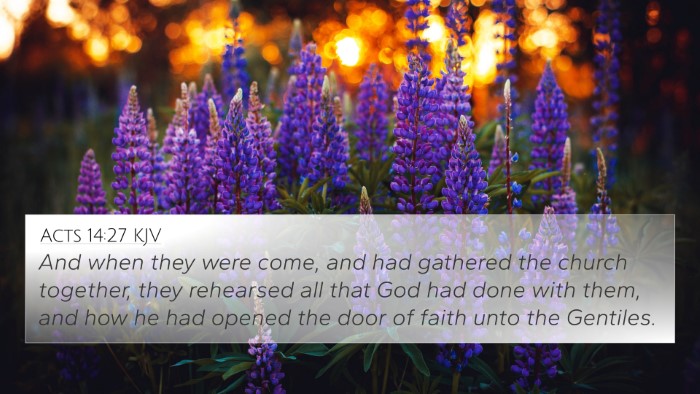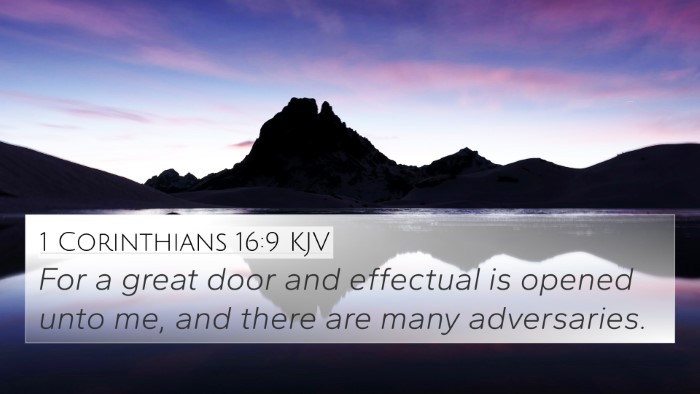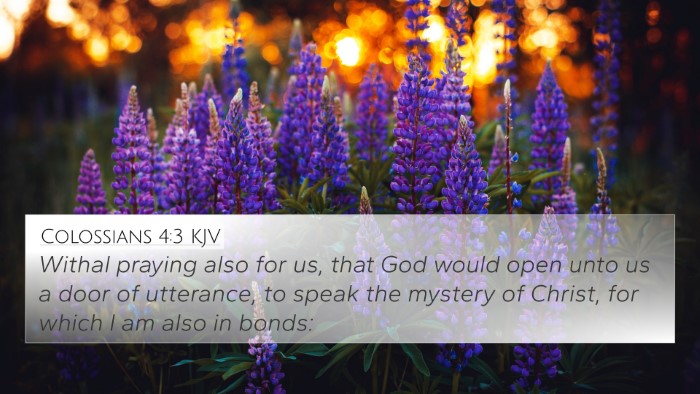Understanding Acts 10:27
Acts 10:27 states, "And as he talked with him, he went in, and found many that were come together." This verse highlights a significant turning point in the early church, particularly in the context of Peter’s encounter with Cornelius, a Gentile. The meaning of this verse can be explored through various insightful commentaries.
Commentary Insights
In interpreting Acts 10:27, several prominent biblical scholars provide profound insights:
-
Matthew Henry:
Henry emphasizes the importance of Peter entering a Gentile's home, which signifies the breaking of traditional Jewish boundaries. Peter’s willingness to engage with Cornelius exemplifies the inclusive nature of the Gospel, paving the way for the acceptance of Gentiles into the Christian faith.
-
Albert Barnes:
Barnes notes that this meeting illustrates Peter’s obedience to the divine vision he received regarding clean and unclean animals, metaphorically representing God’s acceptance of all people irrespective of their ethnic backgrounds. His entrance into Cornelius’s house is a pivotal moment in the establishment of the church among Gentiles.
-
Adam Clarke:
Clarke points out the significance of Cornelius gathering people, indicating the responsive nature of evangelism. The narrative highlights how God is orchestrating events for the spread of His message beyond the Jewish context, showcasing the church’s expansion.
Bible Verse Cross-References
Acts 10:27 is rich with connections to other scripture that further illuminate its meaning. Here are some key cross-references:
- Matthew 28:19 - The Great Commission invites disciples to make followers of all nations.
- Acts 1:8 - Jesus instructs the disciples to be witnesses unto the ends of the earth, foreshadowing the inclusion of Gentiles.
- Romans 10:12 - Paul notes that there is no distinction between Jew and Gentile, emphasizing the universal offer of salvation.
- Ephesians 2:12-13 - This passage discusses how Gentiles are brought near by Christ, reinforcing the message of unity.
- Galatians 3:28 - Paul states that in Christ, there is neither Jew nor Gentile, expanding the theme of inclusivity.
- Acts 11:1-4 - Peter recounts his experience with Cornelius, illustrating his role in the outreach to Gentiles.
- Isaiah 49:6 - A prophetic scripture indicating that the servant of the Lord will be a light to the Gentiles, affirming the fulfillment in Acts.
Thematic Bible Verse Connections
The themes present in Acts 10:27 reflect broader biblical narratives about inclusion, expansion of faith, and God's impartiality:
- Inclusivity: The Gospel is not limited to a particular group; it's intended for all humanity.
- Evangelism: Believers are charged with the mission to share the message without prejudice.
- Divine Guidance: Peter's actions serve as a demonstration of responding to God's leading through the Holy Spirit.
- Covenantal Fulfillment: God's promises to Abraham and his descendants extend beyond ethnic lines to encompass all nations.
Tools for Bible Cross-Referencing
Understanding connections between Bible verses can be enhanced through various tools and methods:
- Bible Concordance: A reference tool that lists words in the Bible and their occurrences, aiding in finding related verses.
- Bible Cross-Reference Guide: This guide helps in identifying related passages for deeper study.
- Cross-Reference Bible Study: Methods incorporating parallel verses to gain a broader understanding of themes.
- Bible Reference Resources: These can assist individuals in exploring interconnections among scriptures.
- Comprehensive Bible Cross-Reference Materials: Using simplified charts and visuals to illustrate relationships between verses.
Conclusion
Acts 10:27 serves as a crucial verse depicting the early church's growing mission to the Gentiles. In summary, it highlights God's call for inclusivity, the obedience of Peter to divine revelation, and the importance of sharing the Gospel universally. By cross-referencing Acts 10:27 with other significant biblical passages, one can appreciate the interconnectedness of scripture and deepen one's understanding of the overarching narrative of God's love and acceptance for all people.




